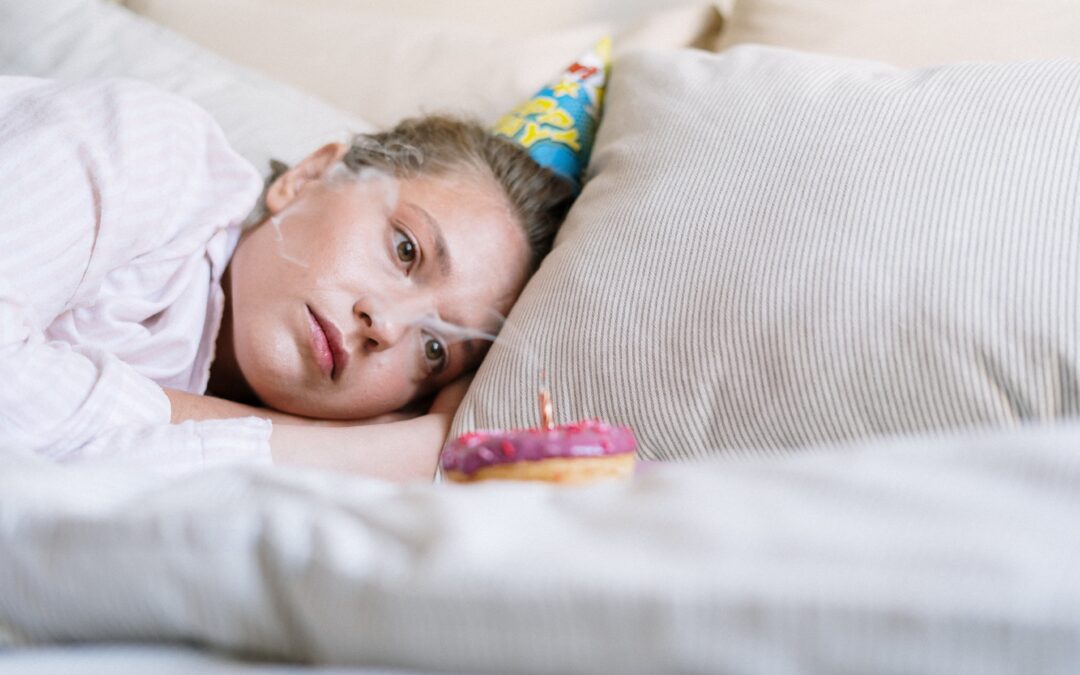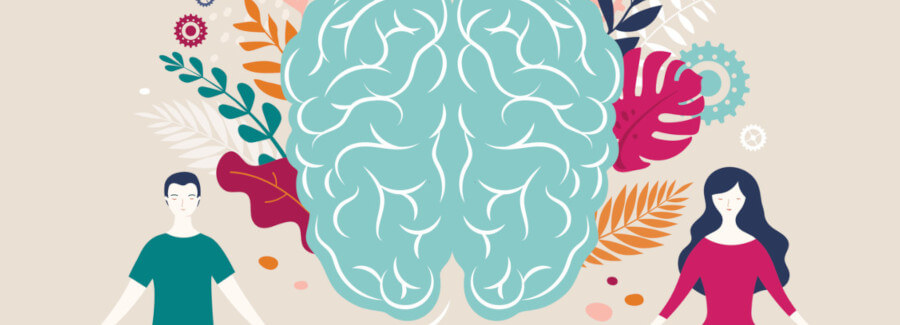Overcoming The Stigma of Mental Health
A stigma around mental health still strongly lingers as “taboo” in many communities here in Texas. Though San Antonio’s communities of color, because of socioeconomic issues, may be at greater risk for poor mental health, this stigma around mental health contributes to a reluctance to recognize the need for professional help. It is for this reason I would like to stress that it is important to be true to ourselves and know it’s okay to not be okay!
For many communities of color, our story is one of perseverance and resilience. Growing up as a Pentecostal Christian you learn to live a facade; you wear a mask because God is in control so everything is okay. Therefore, regardless of what you’re going through or feeling you’re programmed to push it down, swallow it and pretend “all is well”.
I know from personal experience and strongly advocate to all communities, mental illness is not a sign of weakness, and it does not discriminate based on skin color. We fail to recognize mental illness as indeed an “illness,” just as we do high blood pressure or diabetes. I’ve learned it’s okay to not be okay and any stigma associated with mental wellness is little more than a false belief. As a matter of fact not being okay and being able to express your inner self and get help is a demonstration of courage, wisdom, and strength.
We’re all ordinary people and our lives, relationships, children, and thoughts are not perfect, and all of this is okay. I’m mindful of the Oxford dictionary and the word: Facade; a false, superficial, or artificial appearance or effect. In other words an outward appearance that is maintained to conceal a less pleasant or credible reality. All too often in already marginalized communities (Hispanic, African-American, LGBTQ, and more) mental health is stigmatized and facades constructed.
My own mental wellness awakening came one day while I was experiencing a “not okay” moment and telephoned a friend. I was sobbing on the phone when she said these profound words, “Jirzia, you’re used to tying a bow on a piece of shit”. My friend picked up on my pattern of behavior to constantly need to place a bright and sunny disposition and outlook on the most agonizing, unpleasant, and worrisome situations. I built facades.
My friend’s prompting enabled me to see that it was okay if I was not okay in that moment and not very sensible or helpful to suggest otherwise. With my friend’s support I was able to recognize my pattern of constantly feeling the need to place a shiny veneer on the most stressful and troublesome situations. More deeply, I could see my tendency to tie a bow on a piece of shit (build a facade) was driven by and rooted in my need to feel better about a bleak situation. You can even say I was “self-medicating” in my behavior, a sort of “coping mechanism”.
My own therapeutic journey enabled me to “course correct”, abandon the facade, improve my health, I was able to ‘breathe’ and ‘exhaling’ never felt so good. Since then I’ve strongly advocated to all underserved communities, including the LGBTQ and socio-economically disadvantaged communities, the importance of mental health. We can all benefit from changing the narrative from a conversation about mental illness to a conversation about mental wellness.
Everyone in every community wants to live a healthy life: physically, mentally, spiritually, and emotionally and communities of color are no different. The challenge for communities of color and healthcare providers alike is defining what a healthy community looks like through the prisms of stigma and historical adversity, which includes race-based exclusion from health, educational, social, and economic resources.











